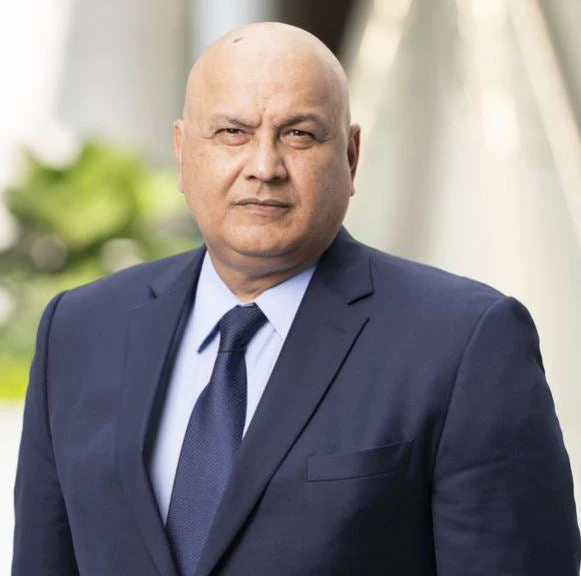 Women fetching water in a peri-urban area nearby Tshikapa, DRC. Photo credit: Lucas Cornet/The World Bank.
Women fetching water in a peri-urban area nearby Tshikapa, DRC. Photo credit: Lucas Cornet/The World Bank.
In the Democratic Republic of the Congo (DRC), many people have to walk to rivers to fetch non potable water in jerrycans for their families, often multiple times in a day. The DRC has one of the lowest access rates to basic water (35 percent) and sanitation (16 percent) services in the world. And, as one of the largest and most populous countries in sub-Saharan Africa, any improvements in water and sanitation coverage made in recent years are rapidly absorbed as the population continues to grow at more than three percent a year. Régie de Distribution d’Eau REGIDESO, the country’s national water utility, has struggled to keep up with the constant growing demand.
A recent World Bank expenditure review reveals that current spending in the water, sanitation and hygiene (WASH) sector from both domestic and external sources is largely insufficient to achieve universal access. Inadequate funding, compounded by incomplete decentralization and inefficient public financial management, have derailed the DRC from its trajectory towards reaching Sustainable Development Goal 6—universal access to water and sanitation by 2030. Bridging the gap requires additional resources from government and development partners, as well as reforms to increase the effectiveness of public financing and to attract private capital to the sector.
The United States Agency for International Development (USAID) and the World Bank share a commitment to partnering with the DRC to achieve its development goals. On water in particular, DRC is one of only 22 USAID High Priority Countries under the U.S. Global Water Strategy. Central to this is a new USAID-World Bank agreement, implemented through the Global Water Security and Sanitation Partnership (GWSP). This agreement is instrumental in achieving the goals of the Water Supply and Sanitation Access Program (PASEA) project, recently launched in the DRC.
PASEA, a long-term World Bank program with a budget of $1.25 billion, aims to provide at least basic water access to an additional 12 million people, and basic sanitation access to at least 8 million people, across nine provinces throughout the country. The first phase - with funding of $400 million - was launched in May 2024. The USAID-World Bank partnership puts global knowledge into country-led implementation, while capitalizing on the strengths of global initiatives under the GWSP, such as the Digital Water initiative.
More specifically, the partnership will support the implementation of sector governance reforms, improve local private sector capacity, and enhance the performance of REGIDESO, through targeted technical assistance such as digitalization of service provision, structuring water service delegation contracts, improving regulatory capacity, and building markets for sanitation services. It directly complements USAID’s other investments in the DRC in support of the water utility, such as the USAID Strengthening the Efficiency of Drinking Water Services Activity (RESE II), implemented by GIZ.
The success of the USAID-World Bank partnership relies on REGIDESO’s commitment to become an effective and efficient water service provider. REGIDESO is working to position itself as a reliable player and example of excellence in the water and sanitation sector in urban and peri-urban areas. The collaboration aims to improve performance, unlock investments in the sanitation sector, and generate evidence-based learning for PASEA.
This partnership between USAID and the World Bank, reinforced by country commitment and buy-in, can serve as a model for other projects in the broader Eastern and Southern Africa region, demonstrating the power of working together towards shared development goals.




Join the Conversation